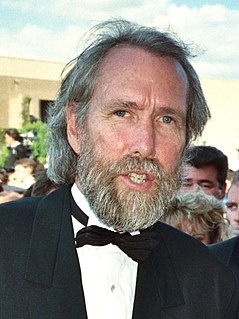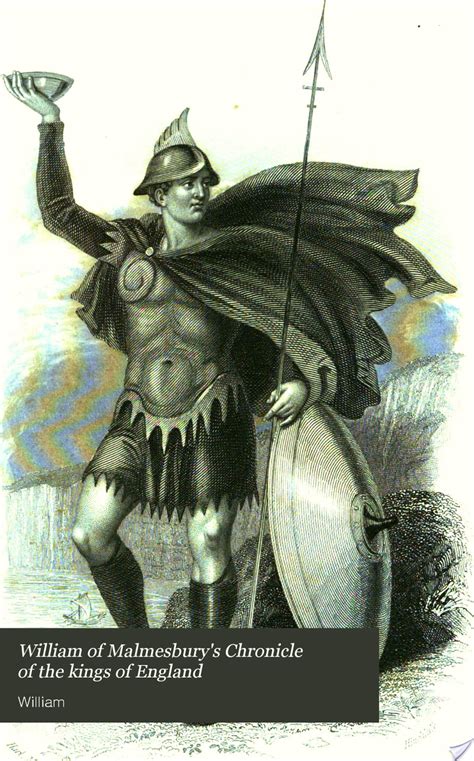A Quote by Herman Melville
Related Quotes
I really do believe that all of you are at the beginning of a wonderful journey.As you start traveling down that road of life, remember this: There are never enough comfort stops. The places you're going to are never on the map. And once you get that map out, you won't be able to re-fold it no matter how smart you are. So forget the map, roll down the windows, and whenever you can pull over and have picnic with a pig. And if you can help it never fly as cargo.
There was this very deliberate move to just overlay an American reality in Iraq. I've never actually seen the map, but apparently Americans thought the names of places were just too complicated so they got decent maps of Baghdad and just renamed everything with familiar names. This neighborhood would be Hollywood, that neighborhood would be Manhattan, and that one's Madison, you're going to drive down Oak and take a left on Main Street.
Theology is like a map. Merely learning and thinking about the Christian doctrines, if you stop there, is less real and less exciting than the sort of thing my friend got in the desert. Doctrines are not God: they are only a kind of map. But that map is based on the experience of hundreds of people who really were in touch with God--experiences compared with which many thrills of pious feelings you and I are likely to get on our own are very elementary and very confused. And secondly, if you want to get any further you must use the map.
In a museum in El Paso, Texas, there's a map that shows all the places the border between the U.S. and Mexico has been (because it shifted) - I find it very clarifying (not confusing) to be reminded that everything we feel like we've really pinned down is transient, arbitrary, and marks the site of a painful if not violent negotiation, one that may not have ended.






































